In this guide, we’re breaking down the Top 10 On-Page SEO Factors that’ll help your content rank higher, load faster, and convert better.
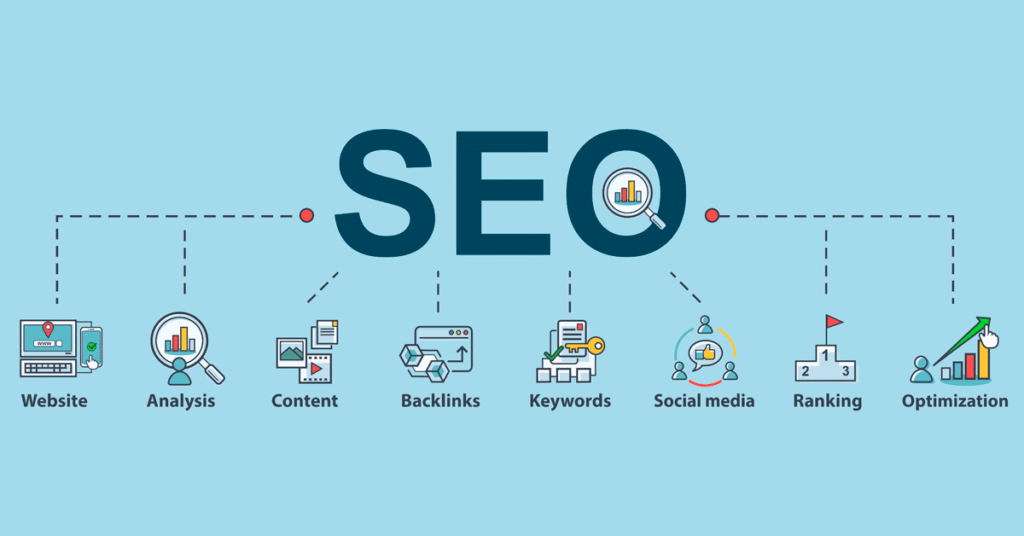
Why On-Page SEO Still Rules in 2025
In the ever-evolving world of search, one thing hasn’t changed—Google still loves a well-optimized page. With constant algorithm updates, mastering the Top 10 On-Page SEO Factors That Matter in 2025 isn’t just helpful—it’s non-negotiable. From smart keyword use to slick UX design, on-page SEO sets the foundation for rankings, traffic, and conversions.
1.HIGH QUALITY CONTENT
When I say high quality content I mean content that provides some value to the user and which solves a real time question.
Google use E-E-A-T concept to evaluate the quality of a content in a webpage.
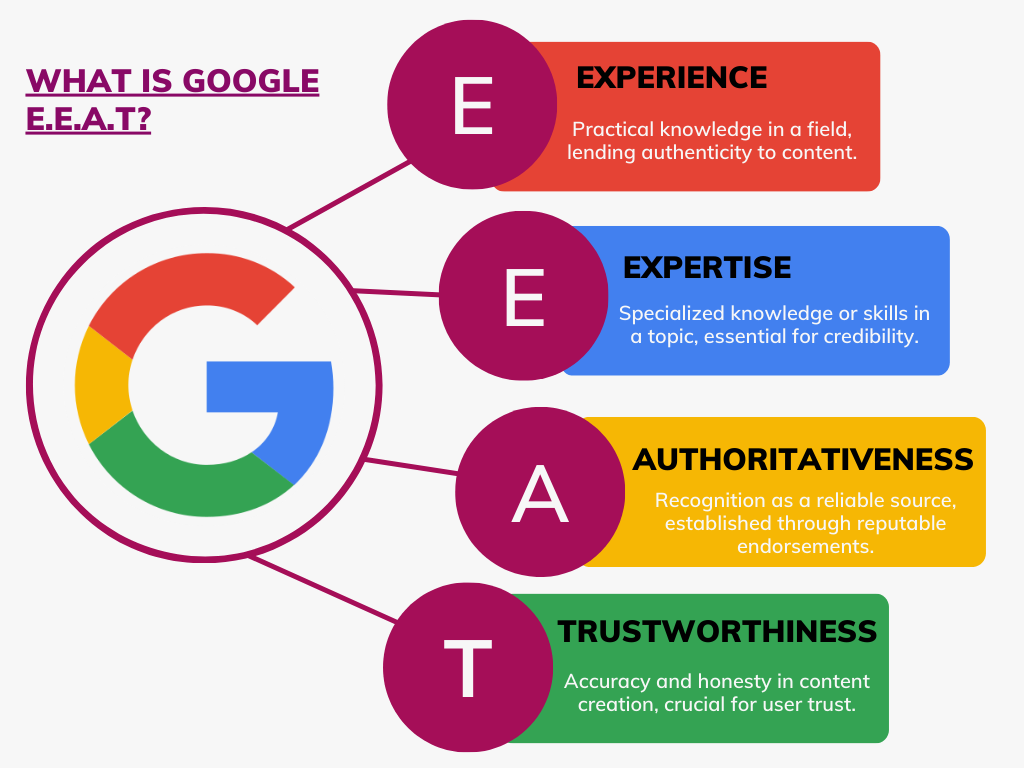
E-Experience
Google promotes sharing user experience rather than bluffing about a product. If you have used a product and sharing its experience to people on your website its more likely classified as a high quality content by google.
E-Expertise
Google doesn’t want contents copied from wikipedia and chatgpts it encourages quality contents with datas, facts, technical terms etc.
A-Authoritativeness
Authoritativeness is about what others say about you.
Google looks at: Backlinks from Trusted Sources, Mentions & Citations, Author Reputation Domain Authority ,etc
T-Trustworthiness
Google looks for secure sites, ssl certification is a must to get ranked on google also transparent about page and detailed contact page increases the trust of google on our website.
2.KEYWORD OPTIMISATION
Researching, analysing and using keywords at different places in a webpage. It helps search engines can understand what your page is about, rank higher and drive organic traffic, users can find your page when they search etc
We can use tools like Google Keyword Planner, ahrefs etc to research keywords and these keywords are strategically placed in the following:
-
- Page Title (H1)
- Page Title (H1)
-
- Meta Title + Meta Description
- Meta Title + Meta Description
-
- URL
- URL
-
- First 100 words of content
- First 100 words of content
-
- At least one subheading (H2 or H3)
- At least one subheading (H2 or H3)
-
- Image alt text
-
- Naturally throughout the body text
3.META TITLE
It is that first impression which we see on google when we search something, the blue colour title. Meta title should be :
-
- In less than 60 characters
-
- Should contain the focus keyphrase
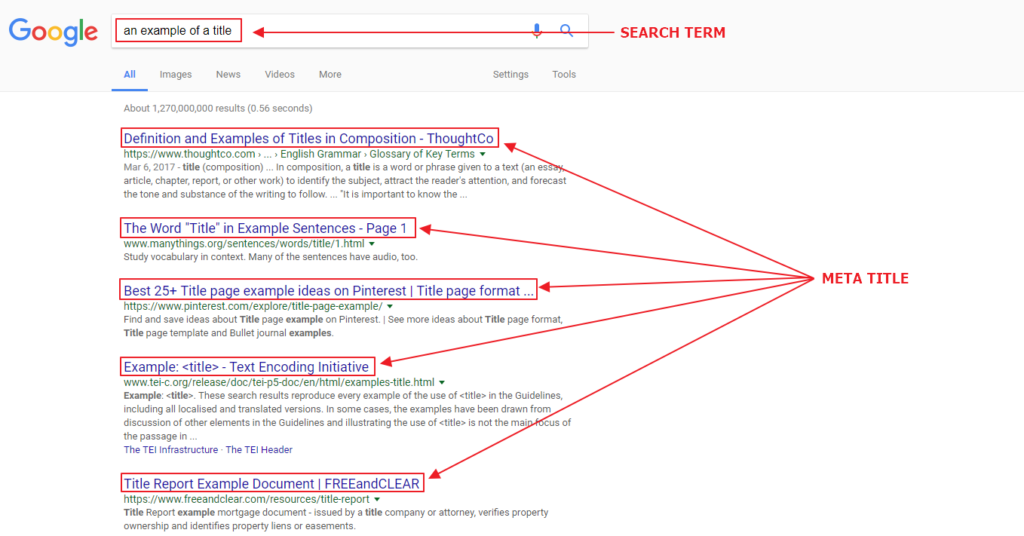
4.META DESCRIPTION
Just under the meta title we can see little description about content this is called meta description. Meta description should be:
-
- Less than 160 characters
-
- Should contain primary keyword
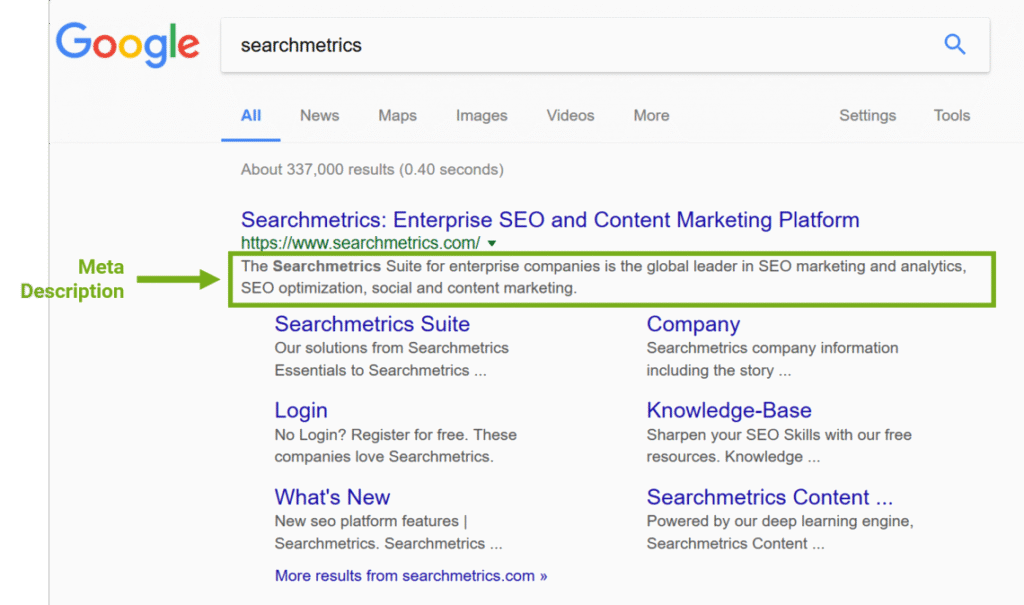
5.HEADER TAGS
| Tag | Purpose |
| H1 | Main title of the page (use only one!) |
| H2 | Main sections of your content |
| H3 | Subsections under H2 |
| H4–H6 | Less commonly used, for deeper content levels |
6.INTERNAL LINKING
Internal linking refers to linking one page of your website to another page on the same site. It helps users navigate, spreads link equity, and shows Google the structure and importance of your content.
Internal linking is important because:
-
- Improves Crawlability-Helps googlebots to find our page faster.
-
- Distributes Authority-Internal links pass link equity to other pages.
-
- Improves User Experience-Keeps users engaged by guiding them to related content.
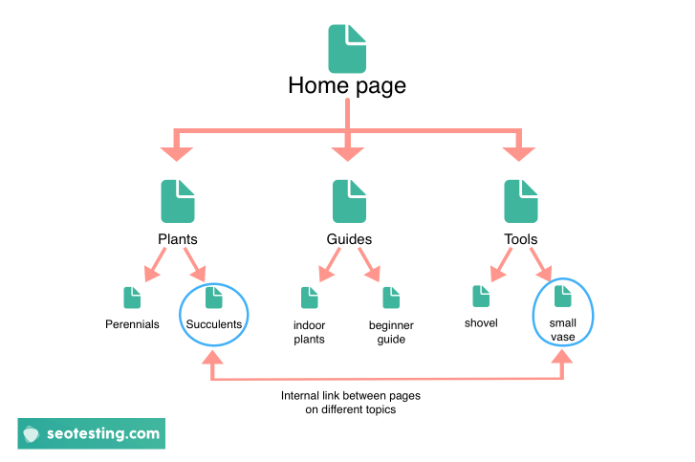
7.IMAGE OPTIMISATION
Image optimisation means reducing image file size without killing quality, using proper formats, and adding SEO-friendly elements like alt text.It makes the image lighter,faster and smarter.
Image Optimisation Techniques
-
- Choose the Right File Format
-
- JPEG: Best for photos, small size, decent quality.
- JPEG: Best for photos, small size, decent quality.
-
- PNG: Best for graphics, transparency, but bigger size.
- PNG: Best for graphics, transparency, but bigger size.
-
- WebP: The cool new kid — smaller AND better quality. Use it where possible.
-
- Compress Your Images
Use certain tools to compress the size of the image without compromising the quality of the image.
-
- Use Descriptive Filenames
Use file names with keywords for example
Bad: IMG12345.jpg,Good: commercial-plywood-kochi.jpg
-
- Add Alt Text
Alt text or alternative text is used to describe the image content if the image is not loading for the user. It also helps Google in understanding your image content.
8.URL STRUCTURE
-
- Use short clean and keyword rich url for the webpages.
-
- Use hyphens-,not underscores_
-
- Use lowercase letters only
Example for url structure:
| Page Type | Suggested SEO-Friendly URL |
| Home | youragency.com/ |
| About Us | youragency.com/about |
| Services Main Page | youragency.com/services |
| SEO Services | youragency.com/services/seo |
| Social Media Marketing | youragency.com/services/social-media-marketing |
| Google Ads / PPC | youragency.com/services/ppc-google-ads |
| Website Design | youragency.com/services/website-design |
| Content Marketing | youragency.com/services/content-marketing |
| Case Studies | youragency.com/case-studies |
| Blog Main Page | youragency.com/blog |
| Blog: “Top SEO Trends 2025” | youragency.com/blog/seo-trends-2025 |
| Blog: “Social Media Strategy Tips” | youragency.com/blog/social-media-strategy-tips |
| Testimonials / Reviews | youragency.com/testimonials |
| Contact Us | youragency.com/contact |
| FAQ | youragency.com/faq |
| Career Page | youragency.com/careers |
9.MOBILE FRIENDLINESS
More than 60% of searches are done in mobile phone if your site is not mobile responsive ranking is really difficult.
HOW TO OVERCOME?
We can use the following steps:
-
- Use a Responsive Design
-
- Optimize Fonts & Buttons
-
- Use Mobile-Friendly Navigation
-
- Compress Images for Mobile
-
- Test Regularly
10.PAGE SPEED
Page speed refers to how fast your website loads and become responsive to users. We can use google page speed insights to check the speed of your website.
Page Speed Is a Big Deal Because:
-
- Direct Google ranking factor
-
- Boosts Core Web Vitals
-
- Better conversion rate
-
- Lower bounce rate
Tools to Check Page Speed:
-
- Google Page Speed Insights
-
- GTmetrix
Breaking Down the Top 10 On-Page SEO Factors That Matter in 2025
These ten factors are what separate average sites from high-ranking beasts. We’re talking:
-
- Killer meta tags that hook clicks
-
- Fast, mobile-first loading speeds
-
- Content that screams E-E-A-T
This guide unpacks the Top 10 On-Page SEO Factors That Matter in 2025, so you can climb SERPs like a pro—no black hat tricks required.
- Content that screams E-E-A-T
Conclusion: Mastering the Top 10 On-Page SEO Factors That Matter in 2025
If you want your content to actually show up , then understanding and applying the Top 10 On-Page SEO Factors That Matter in 2025 is your ultimate power move. From user-first content to technical tweaks that boost speed and structure, every detail matters. SEO isn’t just about rankings—it’s about visibility, credibility, and conversion. So go ahead, audit your pages, optimize smartly, and let the algorithms work in your favour.
